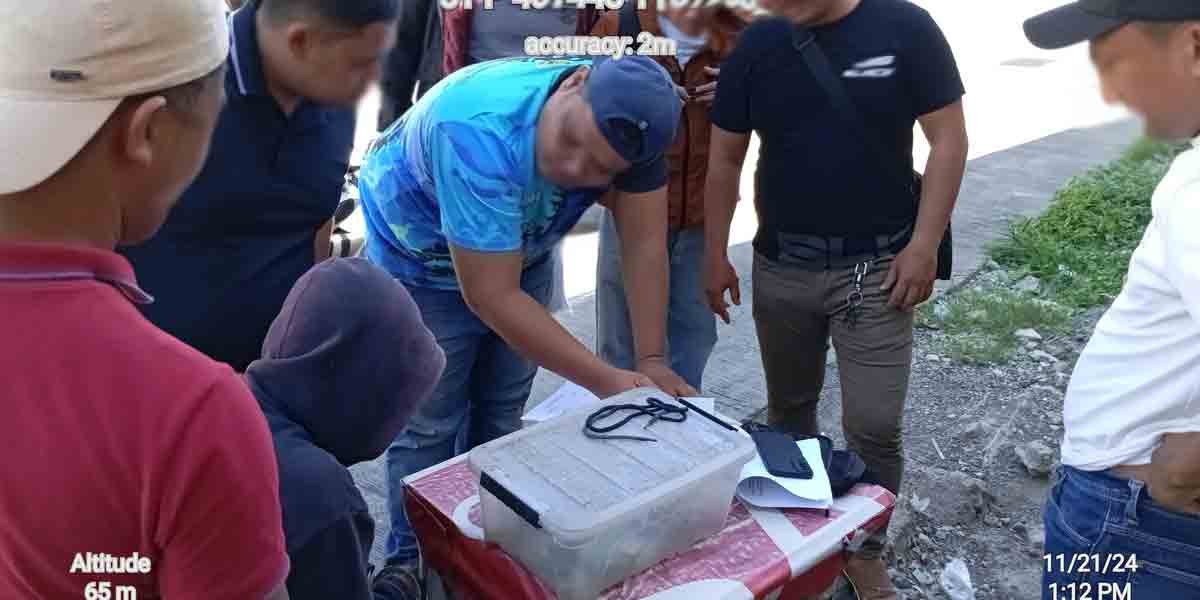
By Francis Allan L. Angelo
Con-con. Con-Ass. Designated survivor. Economic reforms.
These are some of the proposed measures that will be presented when the House Committee on Constitutional Amendments chaired by Cagayan de Oro City Rep. Rufus Rodriguez holds the second leg of a series of out-of-town public consultations on proposed constitutional changes at the Iloilo Convention Center in Iloilo City today, February 13, 2023, from 9 a.m. to 4 p.m.
A notice from the Philippine Information Agency sent out to Iloilo news organizations said the consultation “intends to gather insights of the public on the necessity to amend or revise the Constitution.”
It also aims to determine public sentiment on issues such as the preferred mode of amendment and proposed amendments to the Constitution.
The first leg of the out-of-town consultations kicked off in Cagayan de Oro City on February 10.
In a statement during the Cagayan de Oro leg, Rodriguez said their focus is on economic revisions and foreign investments.
Based on a file of proposed amendments received by the committee, 3 Resolutions of Both Houses (RBH) are on amendments to economic provisions.
Apart from proposed changes to economic policies, the committee also received several proposals on the modes of amendments – 5 House Bills (HB) and a House Joint Resolution calling for a Constitutional convention (Con-con) and RBH0001 which calls for a Constitutional Assembly (Con-Ass).
The committee will also tackle in the consultation a petition for a people’s initiative on the charter change move.
Con-con refers to a mode of constitutional amendment where delegates are elected and convened to propose and approve changes to the country’s charter.
Con-Ass will constitute Congress (the House of Representatives and the Senate) into a body that will tackle the amendments. The central question in this mode is the manner the two chambers will vote, either separately or as a single body.
Other proposed amendments the committee is expected to present are RBH0003 which pushes for the election of judiciary members by the Judicial and Bar Council instead of appointment by the President; and HB04421 or the Designated Survivor” provision in case the entire line of succession in government is unable to function.
REGIONAL SENATORS
Meanwhile, UP Visayas Chancellor Clement Camposano will submit a position paper to the committee that will push for the regional election of senators instead of being upon at-large or nationwide.
In his position paper (see Opinion section for full text), Camposano said the time has come “to consider rewriting the rules in order to begin reshaping the strategic calculus for senators.”
“Guided by the vision of the great architects of the presidential system and the current practice in mature democracies with bicameral legislatures, we propose that the Philippine Senate be regionalized — that is, for senators to be elected not at-large but on a regional basis.”
Without going into details such as the exact number of senators for each region, Camposano pointed out the advantages of this shift:
– it enlarges the talent pool since there are individuals with so much to contribute to lawmaking but who do not enjoy national renown and thus could not win in a nationwide election. These individuals might actually stand a chance if elections were done on a regional basis. They also need not raise the astronomical sums necessary to fund a nationwide campaign. In the end, it will be a Senate less dominated by people from already politically dominant families and by celebrities.
– it will help restore the Senate to its proper constitutional role as defined in the Western democratic tradition – as a way to infuse wisdom, sobriety and prudence into the legislative process. The dynamics of electing senators by region will make them less prone towards grandstanding, and the Senate a less belligerent and more constructive institution particularly with respect to the Presidency and the executive branch.
– it makes for greater accountability since each senator will now answer to a well-defined constituency, without duplicating the role of representatives from the more territorially limited congressional districts. By removing the reason for their constant need for media attention — they no longer need to run in a nationwide election — and having them represent specific areas of the country, senators can now focus on their primary task which is lawmaking.
– there will be greater equity since all regions of the Archipelago will be assured of representation. A regionalized Senate can serve as a means towards greater national integration as heretofore neglected or marginalized regions are better able to participate in the arduous task of building a national community.




















